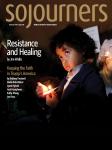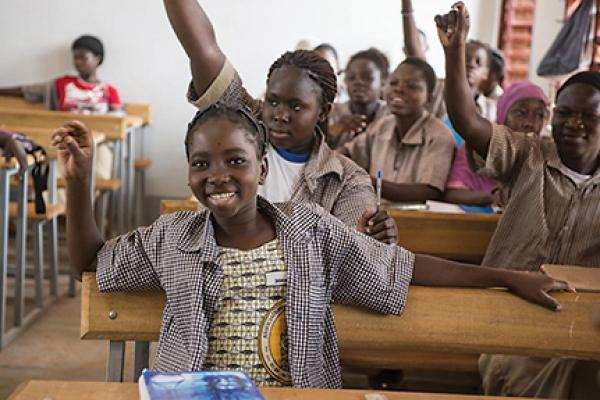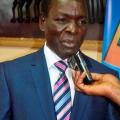Burkina Faso, a small, landlocked country in West Africa, was on the radar of the world media in 2014 when its people rose up to end the 27-year rule of Blaise Compaoré.
A positive outcome of the uprising has been that girls are enrolling in schools at a higher rate than before the ouster, but women’s literacy across the country remains very low at 29 percent. Low literacy rates among girls and women is a key factor in keeping Burkina Faso ranked near the bottom of the human development indices.
Part of the problem is a cultural bias that favors males. A secondary problem is early pregnancy that hinders girls from fully accessing education. Several strategic partner organizations started by Pentecostal Christians—including the National Association for Bible Translation and Literacy, the Christian Relief and Development Organization, and my own organization, Evangelical Association for Support and Development—have played a key role in addressing early pregnancy.
These organizations sponsor formal education for both girls and boys in hundreds of schools, but they also have created innovative informal educational opportunities that particularly benefit women and girls. For example, my organization opened gender-balanced “speed schools” in 2006, featuring an accelerated, nine-month curriculum for those with little or no education and those who never went to school in their native language. Following the speed-school term, graduates enter their third or fourth year of primary school.
Many similar initiatives can trace their origins to students trained by Assembly of God missionaries such as Pierre Dupret, who led the first Assembly of God school in Burkina Faso in 1948. Historically, colonialism and other social and economic factors hindered women’s education. Today, Pentecostal churches, including the Assembly of God, and other Christian organizations are some of the main sources for promoting education for women in Burkina Faso.

Got something to say about what you're reading? We value your feedback!

